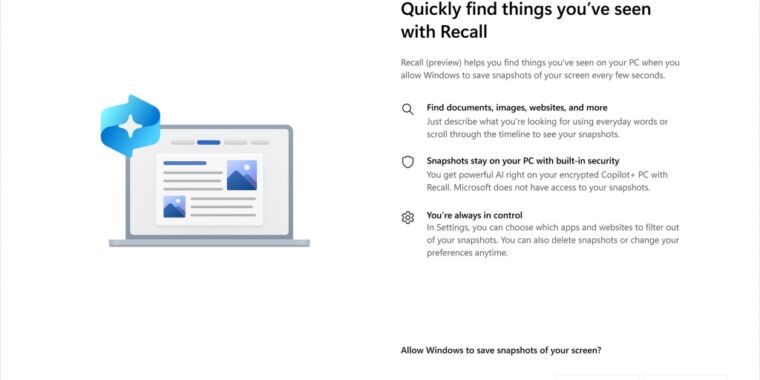

Isn’t the main problem that most people don’t use the E2E encrypted chat feature on Telegram, so most of what’s going on is not actually private and Telegram does have the ability to moderate but refuses to (and also refuses to cooperate)?
Something like Signal gets around this by not having the technical ability to moderate (or any substantial data to hand over).



Composable moderation/custom labeling and custom algorithmic feeds are two things that Mastodon doesn’t have that Bluesky does.